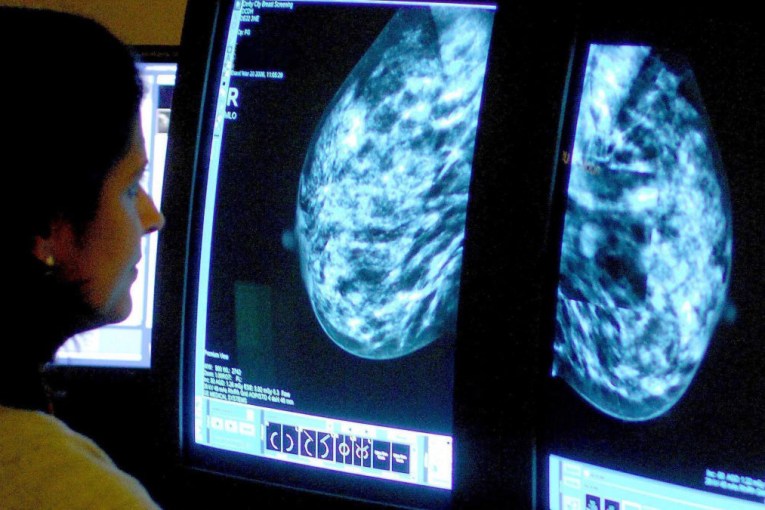Fair Work is flexible: Shorten
A new pay deal for retail workers shows the existing workplace system is flexible, Opposition Leader Bill Shorten says.
The deal struck by Business SA and the Shop, Distributive & Allied Employees’ Association means up to 40,000 employees can accept lower penalty rates on Sundays and public holidays in return for higher base pay, guaranteed annual pay rises, and other benefits.
Penalty rates paid by small retailers will also be abolished on Saturdays and weekday evenings.
• Abbott warming to penalty rate changes
• Unions, business strike deal on penalty rates
The system is voluntary for workers and employers, who will use the template developed by the two groups to negotiate a mutually acceptable deal.
The Fair Work Commission is examining penalty rates as part of its review of the workplace relations system.
Mr Shorten said the move showed the Fair Work system worked.
“They say that the Fair Work system is a brake on productivity,” he told reporters in Canberra, shortly after setting up a new caucus task force on industrial relations.
“(This decision) demonstrates the strength of the current system of unions and employer groups working together.”
Labor’s approach to workplace laws was about seeking the right balance, but upholding the “better-off overall” test for workers.
Junior government minister Jamie Briggs said the deal vindicated the coalition’s position that penalty rates were a matter for the Fair Work Commission.
“If employers and employees work together for their best interests then we’ll get a better result,” he aid.
Independent SA Senator Nick Xenophon, who has campaigned for lower penalty rates, said too many young people had been losing their jobs, and he was hoping for a jobs bounce on the back of the deal.
“It’s always been my position that there needs to be greater flexibility for small employers,” he said.
Liberal Democrats Senator David Leyonhjelm said Australians who wanted to work weekends had been priced out of the market by penalty rates.
He also described South Australia as an economic basket case.
“Maybe somebody there has finally woken up to the fact that they do need to change if they’re going to turn it around.”








